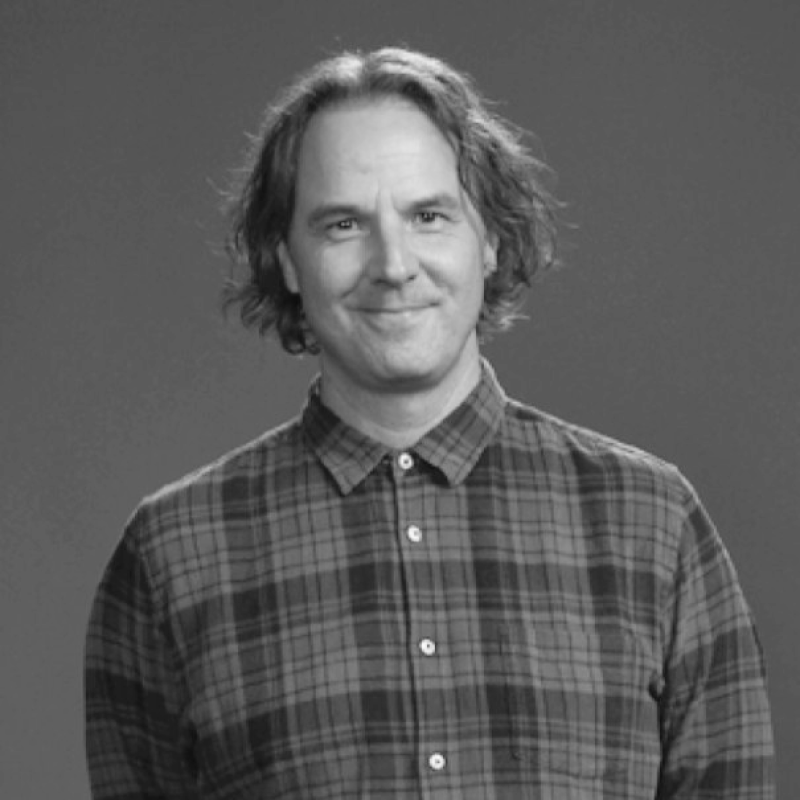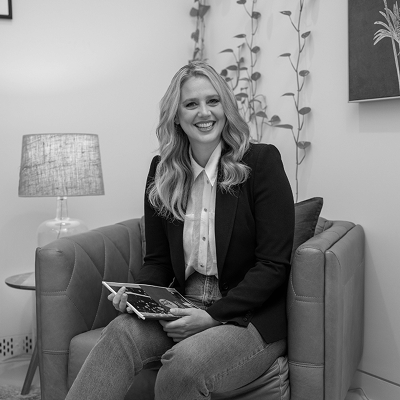
ASKING FOR A FRIEND
How do I ask for a pay rise when our business performance isn’t that healthy?
ASKING FOR A FRIEND - QUESTION
Working like a dog but worried about asking for a pay rise because business is tough? Creative Director Lindsay Thompson and psychologist Tara Hurster tackle this tricky workplace conversation. From performance review strategies to mindset shifts, they share practical advice on how to advocate for yourself when company profits are down but your value is up. Perfect for anyone wondering how to navigate pay rise conversations during challenging business periods without looking tone-deaf to company struggles.
Worth Your Weight: Getting the Pay Rise You Deserve When Business is Tough
You've been working like a dog, your team's been pulling miracles out of thin air, and everyone knows they deserve more money. But when the business isn't exactly thriving, how do you ask for a pay rise without looking tone-deaf to the company's struggles?
This question was answered by Lindsay Thompson, Creative Director at GrowthOps Khemistry and mental health advocate, and Tara Hurster, psychologist and founder of The TARA Clinic. Andy Wright from Never Not Creative hosted the discussion, bringing together industry leadership and psychological expertise to tackle this delicate workplace conversation.
The Great Resignation is Really the Great Research
Lindsay puts the current job market into perspective: "I know it's a buzzword at the moment... but I think it's always been this way though as well like it's January for me was always the consideration of oh what's new this year."
What's different now is that "we've all had many realizations over the last two years of what we want to do." The great resignation, as Lindsay sees it, "will be more of the great research if I can actually do it more than anything else."
This shift is "definitely driven by the feeling that you probably be taken for granted" in workplaces that haven't adapted to show employee care during tough times.
Performance Reviews Shouldn't Wait for Perfect Timing
Here's the thing about performance reviews: they should happen regardless of business performance. Lindsay explains that reviews "should happen now... are not I don't think should be only based on output and all the usual things of what you bring to a job."
Instead, he believes reviews should consider "the ability to have just still delivered to a certain level of understanding through what we've been through in the last year or two." Your resilience and adaptability during challenging times? That's performance worth recognising.
Don't wait for your company to initiate. "Never let that get in the road of going look I really do think I need one whether it's a conversation how am I going you know is there anything that we can look at."
The Art of the Strategic Conversation
Once you've opened that performance review door, Lindsay suggests using it as "a great segue then you can use into well maybe I'm worth more if if I've done well and I've done all these things the clients are happy we've got great relationships."
If your company stalls on the pay rise conversation, Lindsay's refreshingly honest: "Quite often is the way to just start asking around... it's great leverage if you still like the place you work out and go you know what maybe the only way to get them to to see the reality is to have an offer."
He compares it to car shopping: "You've got to commoditize the position almost for yourself and your own benefit."
Reading the Room Without Losing Your Voice
Lindsay acknowledges the reality: "I know that a lot of companies have lost profit etc over the last couple of years." But this doesn't mean you should stay silent.
Instead, be strategic: "If you can't do what you normally do what can we do you know is it is it gifted days off is it an extra bit into the superannuation... there's so many different ways that companies can start to enumerate these days."
The key is timing and approach. "If there's a time any time to ask for a review it's now after what we've been through in the last two years most definitely."
The Holding Company Reality Check
Lindsay offers some insider perspective: "At the moment... I'm hearing that the holding companies especially their share prices are up anywhere between eight to ten percent to fifty percent."
His point? "We've all clearly put in work that's increased the value of the company and I think that can start to come back to people... rather than them go in the same breath that yes you know we know people are hurting... but you know I guess what the company's done pretty well out of it."
Check Your Mindset at the Door
Tara addresses something crucial in the original question: "When I hear the words that there's been a feeling of we're lucky to have jobs it suggests that this is a pressure that you've also been placing on yourself."
This "we're lucky" mindset creates a scarcity mentality: "We're coming from a space of lack so that it's almost like well this is the only option that I've got."
Her advice? Examine whether this feeling is your internal pressure or actually the company culture. "Are you bringing this or is it actually the culture of the agency?"
Come Prepared, Stand Out
Tara's most powerful advice centres on preparation: "If you come prepared to a performance review then not only are you going to stand out of the crowd because for the majority of people they come to a performance review expecting to be reviewed."
Instead, flip the script: "You can actually come to a review with your evidence of like hey so I've done this and this and this and that gave this people this much money and these people this much money."
Be specific about your impact: "These are the goals that I had at the beginning of the year this is where I'm at with them now this is what I want for next year this is how I'm going to implement it."
Practice Makes Perfect
Tara suggests using external job conversations as training: "If you are going to go looking elsewhere those are your dry runs for the conversation that you're going to have back at work."
The confidence you build saying "look how great I am" in interviews translates perfectly to internal performance discussions.
Asking for a pay rise when business performance isn't stellar requires finesse, but it's absolutely doable. The key is shifting from "we're lucky to have jobs" to "we've delivered incredible value during incredibly tough times." Come prepared with evidence, be open to creative compensation solutions, and remember: if you don't advocate for yourself, who will?
Your worth isn't determined by your company's profit margins. It's determined by the value you bring, the problems you solve, and the resilience you've shown. Now go have that conversation.
our guests
Industry Leader

Lindsay Thompson
Mental Health Expert

Tara Hurster
Host

